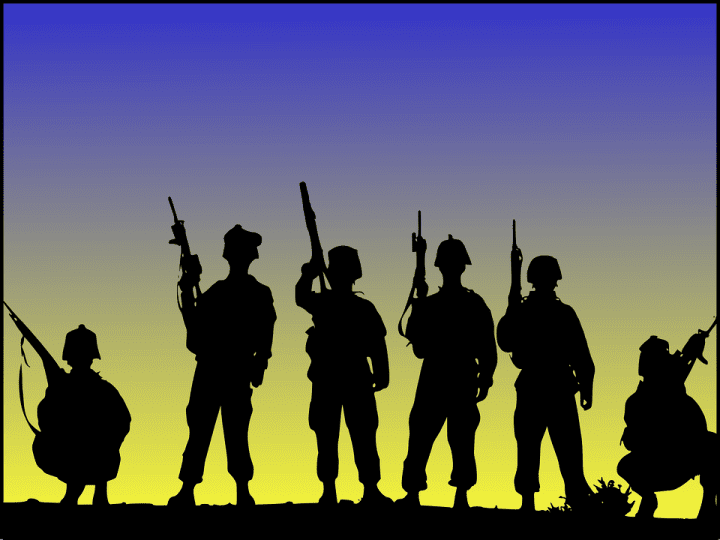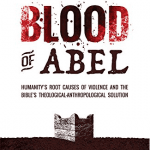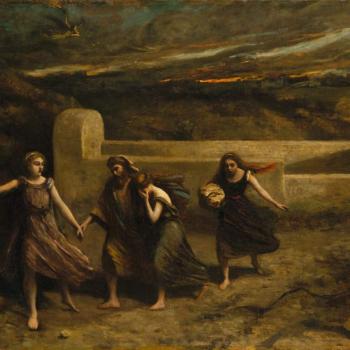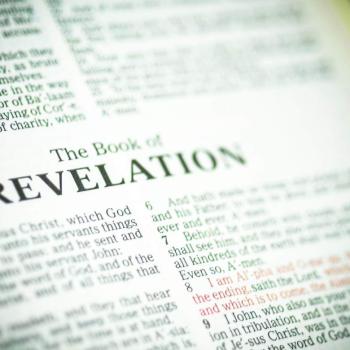
I am going to put forth a scenario. As you read, imagine how each story would be told, should the following characters be white, black, or Muslim.
A group of people, upset with the federal government, take over a federal building. All of the members of the group are armed and although they state that they do not intend to use force, they also state they will defend themselves if provoked and that they plan on illegally occupying this building indefinitely. Since the takeover, one of their leaders has called upon others to join them and asked that they “come prepared.”
In case you have not heard, within the past few days, a militia comprised of primarily white Christians[1] actually did this very thing. What has been interesting—nay, disturbing—is the relatively benign language used to describe this group (as contrasted with other groups who perform similar actions). Rather than being labeled “terrorists,” which, bydefinition, they are, this group has been called “occupiers” by the Washington Post and “armed activists” by the New York Times.[2] Now, with the above story in mind, let us consider the following question: what would a group of black protestors or Muslims be called? Occupiers? Armed activists? Or rather, black thugs, or radicalized Jihadists and Islamic terrorists? A moment of honesty should offer clarity into a correct answer.
I mention this, not to scapegoat the writers of the Washington Post and New York Times, but to simply point out and explain how the use of language can really be a subtly (and often not so subtly) powerful tool humans use to manipulate the hearts and minds of others. In this case, particular euphemistic language is used in order to downplay the behaviors of people due to their skin color (white) and religious background (Christian)—not surprising given the fact that we live in a supposed “Christian nation [sic]” and have a history of white elitism in this country (See Slavery, Jim Crow Laws, etc.). And just so you don’t think I am picking on Americans or Christians, traditionally Muslim countries do the same thing when they label terrorists as “freedom fighters” and terms similar. This is not an American thing or a Christian thing or an Iranian thing or a Muslim thing. It is a human thing.
So, why are we doing this?
Well, as it currently stands in the US, the word terrorist is generally reserved for Muslims. That sounds crass but it’s pretty much true. Should that word then be used to describe Christians—like devout and zealous “Christian,” Charleston, SC gunman Dylann Roof for instance—then the influence we have over the term will not be as powerful as it currently is. Our ability to use it for our scapegoating purposes just may not be there any longer and as such, part of our identity would be lost. That is to say, if “Christians” can now be classified as “terrorists,” then we may find ourselves not knowing us from them. In fact, perhaps Christians would then be seen as potential terrorists, much like how many in the states view all Muslims. We may get to a place where we don’t know who to point the collective accusatory finger at any longer and cohesion could be lost. In fact, we are seeing this play out before our very eyes in 2016 America.
So how can we change?
First, we must be careful with our language. Even in subtle ways, it can be used to perpetuate scapegoating. When a culture uses dissimilar language to define similar behaviors between different ethnic and religious groups, then that is a tell-tale sign that it is in the midst of scapegoating. Labeling a group as “occupiers” and “armed activists” sends a very different message than “thugs” and “terrorists.” It seems we like using the former for good ole white Christians while reserving the latter for blacks and Muslims.
Second, and piggybacking off of the first, we must refrain from defining “us” and “them.” This involves our language but includes much more. It includes our posture toward pretty much everything, which is a day by day, minute by minute walk because, like I said a paragraph earlier, we often scapegoat in subtle ways. Now, I realize that viewing everyone as “us” can be a challenge, as many of us are a challenge to begin with, but it is actually quite liberating. That is, freedom is discovered when you are able to untangle yourself from the exhausting task of clinging on to the desire to have enemy others. At least it was for me and everyone I’ve known who has made a concerted effort to try and do this.
So what can be done about the state of affairs in Oregon?
Honestly, probably not much. Whether this standoff ends violently or peacefully, unless we awaken to the ways in which we structure our cultures, our civilizations, as well as our “in groups” and “out groups,” then true change won’t occur. I don’t mean to say that the way in which this issue is handled isn’t important because it is. But it is a symptom of something much worse, much more engrained into the fabric of society and until we address that, another similar instance will shortly spring up elsewhere. Albert Einstein stated: “No problem can be solved from the same level of consciousness that created it.” I fully agree with him. This problem won’t be solved with guns and grenades but the real underlying problem won’t be solved by a simple de-escalation of this situation either. It will take a global awakening; a higher level of consciousness.
[1] Just a few days before the insurrection, the militia’s leader, Ammon Bundy, posted the following to his Facebookpage: “The Hammond’s [sic] need our prayers. Please take the time and get on your knees as soon as possible and pray to our Father above for the Hammond’s [sic]. They need our sincere prayers. They need the Spirit of the Lord to be upon them that they may have strength and knowledge.” On December 31, he posted a YouTube video claiming his actions are due to a “heart-felt conversation with the Lord.”
[2] Ross, Janell. “Why aren’t we calling the Oregon occupiers ‘terrorists’?” Washington Post. Para 1.https://www.washingtonpost.com/news/the-fix/wp/2016/01/03/why-arent-we-calling-the-oregon-militia-terrorists/.













